
Climate Change
To develop an understanding among teenagers of the impact of neglected tropical diseases (NTDs) on global health,
and how climate change may impact their distribution around the world.
For Grade 7-9 Students in ASEAN Plus Three Countries
Object of the competition
Select one neglected tropical disease.
Describe the disease in English, including its symptoms, where it is found in the world, preventative measures and treatments, and the impact it has on affected people and communities.
Describe the pathogen that causes the disease and what is known about how it is transmitted.
Discuss how climate change may alter the spread, global distribution and impact of the disease.
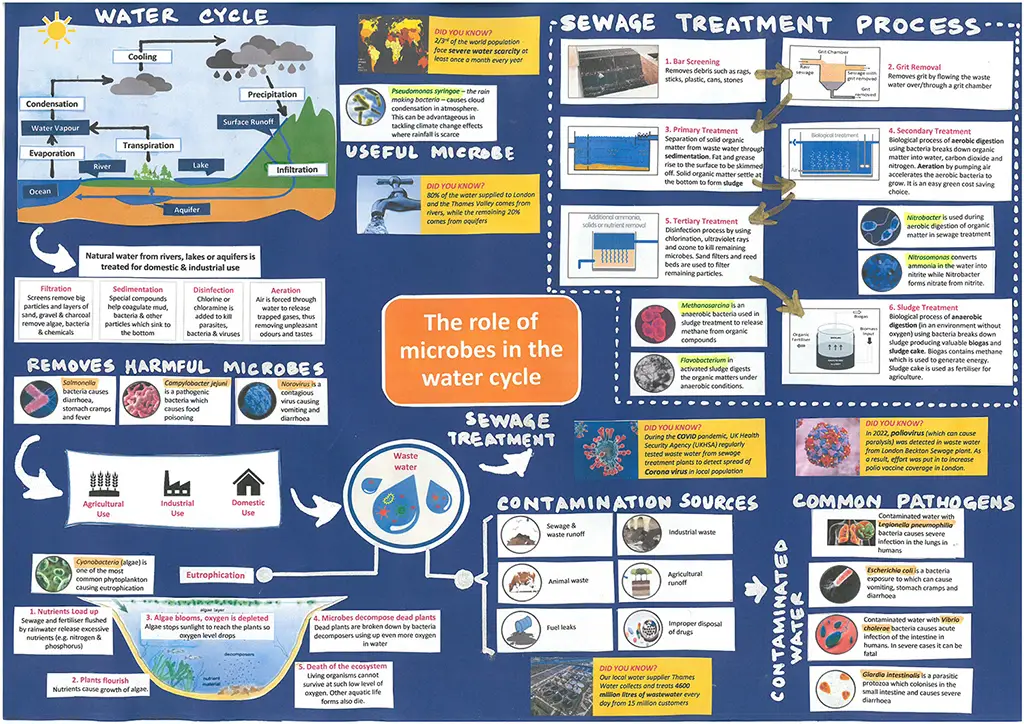
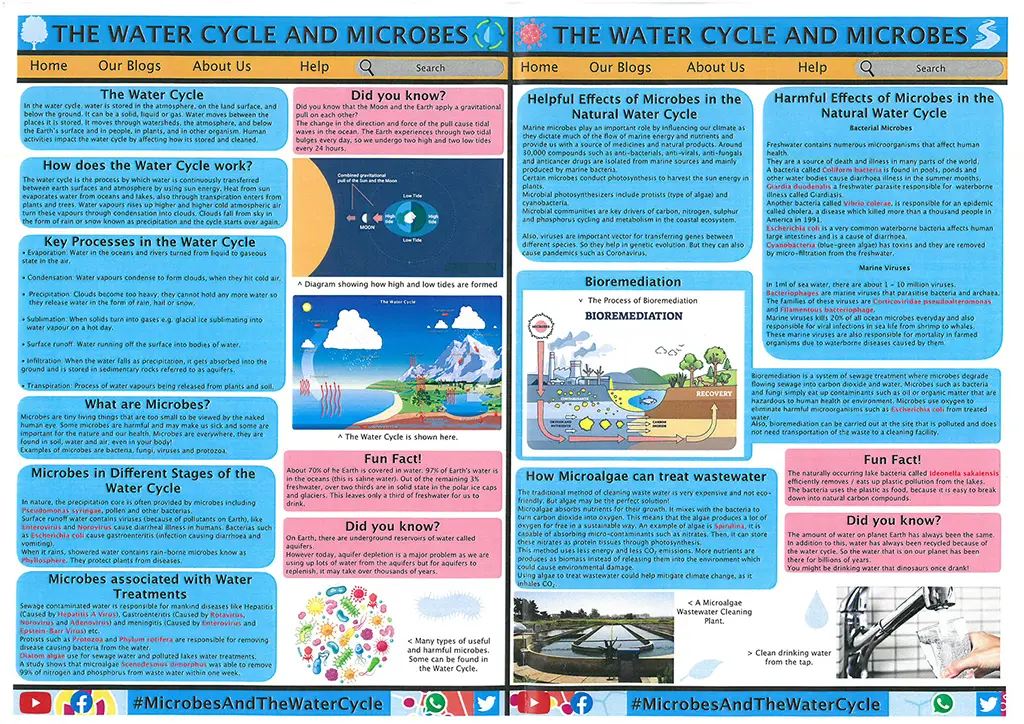
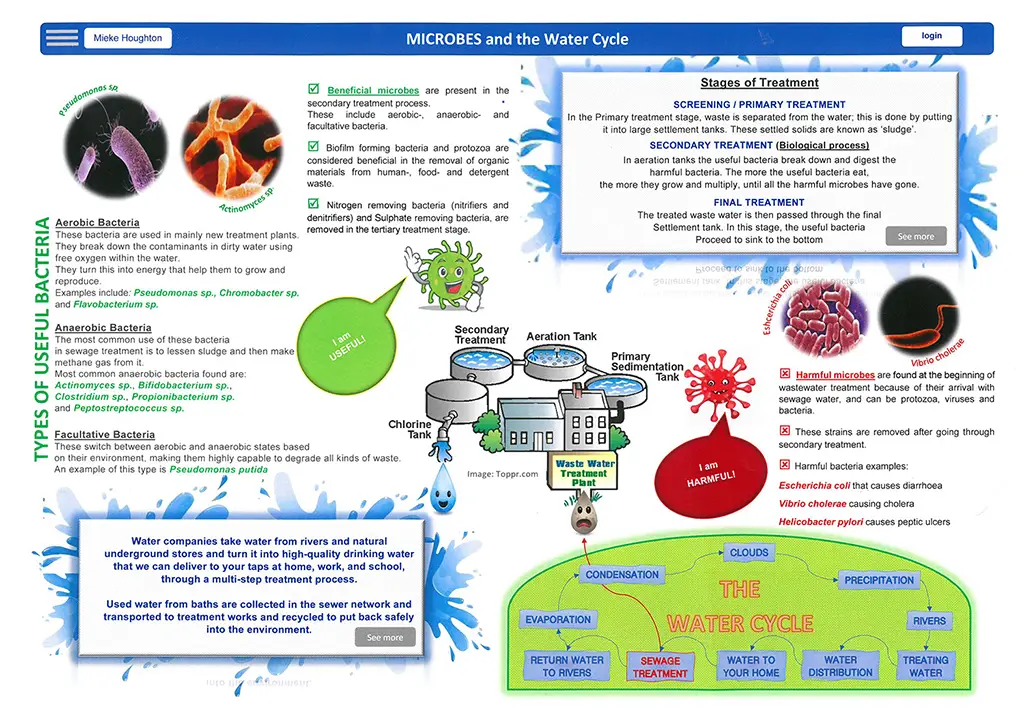
What makes a good web page?
Format of entries
- Students may produce your entry either by hand or computer.
- Students use a single A3 sheet of paper or two A4 sheets taped together (a combination of diagrams / photographs / graphs), scan the paper and save it in PDF format.
- Teachers are required to register and then submit the students’ PDF files at https://ntds.iafsw.org no later than May 1, 2024.
- Teachers must provide hard copies of the entries and deliver them to the following address: Wizdom Park Bldg. 3 Soi 23 Chaloem Phrakiat Ratchakan Thi 9 Road, Nongbon, Prawet, Bangkok 10250 Thailand, ensuring it reaches us no later than May 15, 2024.
- The entry may be submitted by an individual or a group of not more than four students.
Rules
- Only entries that conform to the competition rules and show scientific merit will be considered; note the requirements and consider the suggestions given on the front page.
- Each entry must be submitted on paper, on one A3 sheet (or two A4 sheets taped together) using one side of the paper only, and may be produced either by hand or by computer.
- Entries may be created either by individuals or groups of no more than 4 students.
- A maximum of 10 entries per school in each entry group is permitted.
- Account will be taken of originality, presentation and effectiveness in communicating with the intended audience.
- Evidence of plagiarism, such as downloading text directly from web sites without modification and interpretation, will result in disqualification. (IAFSW and MiSAC recommends only reputable sites for research; see www.open.ac.uk/webguide for tips on using the internet.)
- Each entry must be clearly labelled on the back with the name and address of the school, the teacher' name, the full name of each contributing student and the entry grade (Grade 7, 8, or 9)
- Entries cannot be returned and may be used for promotional purposes by IAFSW and MiSAC.
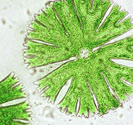
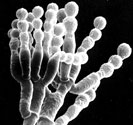
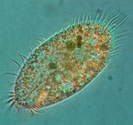
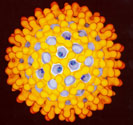
Five top tips
- Use the scientific name of any pathogens you mention.
- Don’t forget that the first name (genus) begins with an upper-case letter and the second name (species) has a lower-case initial letter (eg Trypanosoma brucei ). This can be abbreviated, for example, to T. brucei after its first use.
- Use italics for the scientific name - or underline it if your entry is hand-written.
- Use your own words because plagiarism (which is cheating) will be penalised.
- For data and other material used to illustrate your entry, provide information of their sources.
Neglected tropical disease.
- Buruli ulcer
- Chagas disease
- Dengue and chikungunya
- Dracunculiasis; Guinea-worm disease
- Echinococcosis
- Foodborne trematodiases
- Human African trypanosomiasis (sleeping sickness)
- Leishmaniasis
- Leprosy (Hansen’s disease)
- Lymphatic filariasis/Mycetoma
- Chromoblastomycosis and other deep mycoses
- Onchocerciasis (river blindness)
- Podoconiosis
- Rabies
- Scabies and other Ectoparasitoses
- Schistosomiasis
- Soil-transmitted helminthiases
- Snakebite envenoming
- Taeniasis/cysticercosis
- Trachoma
- Yaws and other endemic treponematoses
- Noma
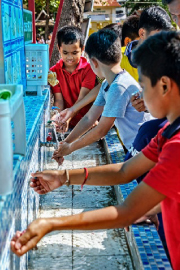
Website Articles Reference
Examples of Neglected Tropical Diseases (NTDs) articles that competitors can use to make web pages easy to understand and interesting.